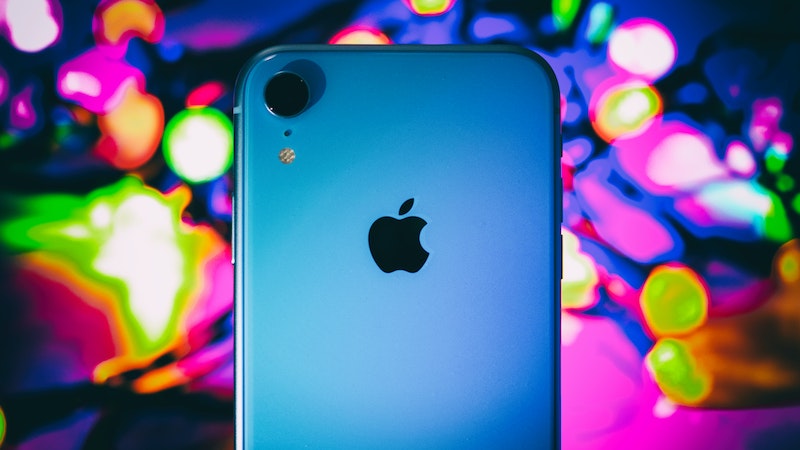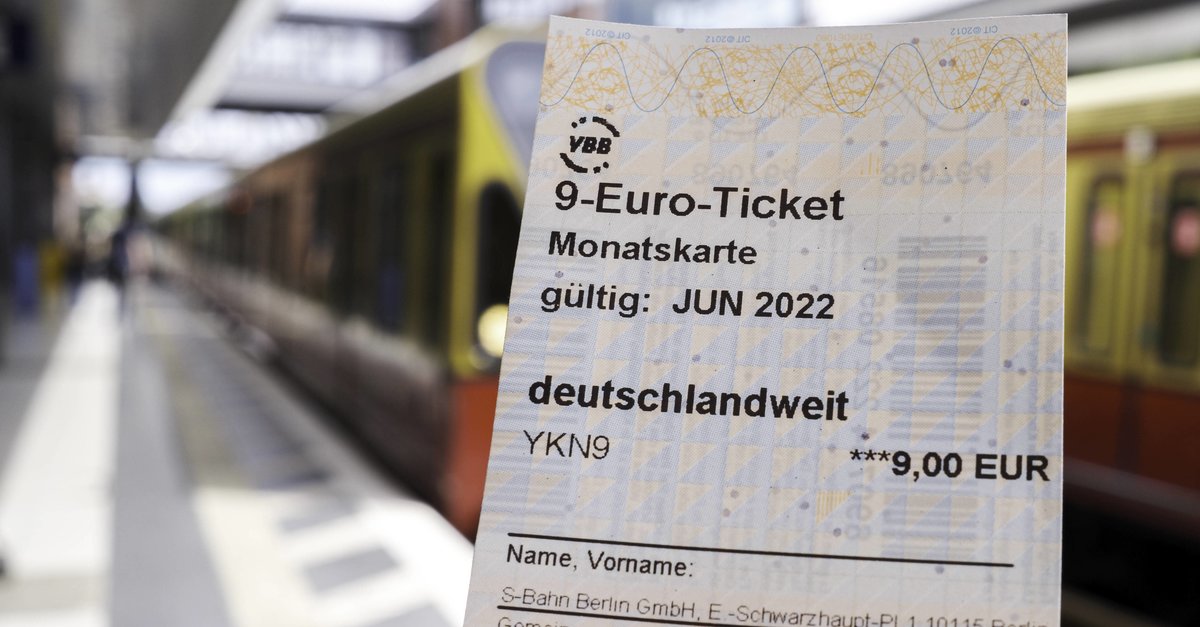Looking for new rituals – how companies can support their customers in the New Normal
No time right now?
The year 2020 has cherished habits and rituals that structure, change or even destroy our lives. We associate many of them with strong emotions. But changed habits also offer opportunities.
At the beginning there is the feeling of loss that unites us. Rituals influence our thinking, our behavior and our feelings. We mourn the rituals that we once enjoyed or took for granted. Celebrations, ceremonies and routines are associated with shared emotional experiences and traditions. They bind us to our families, friends, work colleagues, local communities and the wider society.
Contents
A time of new rituals
Life events such as weddings or funerals bring families and friends together. But just as heavy in the sum are the many small daily rituals – hugging friends and family or having a coffee with colleagues. The past year has been a time of re-evaluation and the search for new meaning. She has inspired many people to develop new rituals and routines that bring joy and comfort.
The spectrum ranges from a renewed interest in news and more frequent video conferences with family and friends to worrying about one’s own mental wellbeing. Commuters enjoy a break from their daily commute, while others miss the structure of a regular working day and the clear boundary between work and leisure. Some miss the café where they always bought their breakfast, while others are happy about a healthier diet after saying goodbye to fast food.
The year 2020 has led us to rethink many aspects of our lives and take a fresh look at our personal priorities and values. It has also sharpened our understanding of how we as individuals can contribute to greater systemic change with our personal, daily actions. It has become abundantly clear that we want and need new habits, rituals, and coping strategies that will help us cope with the new circumstances.
Companies can now reinvent themselves
Last but not least, this upheaval harbors a great opportunity for companies in German-speaking countries to reinvent themselves, their products and services. Brand managers should therefore seriously start a qualitative co-creation process with customers in order to better understand their wishes and needs, which are currently changing massively.
Companies have a great opportunity to help us develop new rituals, such as healthier, more sustainable or more community-oriented activities. When products or services strengthen us in uncertain times and give us back a feeling of control, then they can help us reconnect with our environment and heal – and are valued for that!
Also interesting: Why pessimism is our greatest opportunity now
The first step is the question: is this product part of a habit or a ritual? Habits are things we do to make our life easier. Changing circumstances often lead us to abandon habits. And not every old habit will return after the crisis. Rituals, on the other hand, make life meaningful. They can offer a way of coping with life, nostalgia and familiarity or a feeling of connectedness and belonging and are therefore more long-term.
Businesses should understand the void left by a lost ritual, and identify and design an appropriate replacement. A brand that was part of a former ritual may need to recreate that experience. Whatever angle we come from, emotional attachment will be the key to success, because ritual is about more than function.
Rituals as a transition
A ritual can be a transition point between our different selves. The employee self becomes the after-work self when we read a book on the train home. The everyday self becomes the holiday self while we pack our bags and listen to a travel podcast. Passion rituals are particularly relevant for beauty, grooming, and fashion brands where our ability to express ourselves through looks has changed with lockdowns and new work routines in the home office.
Rituals as a feeling of belonging
A ritual can also convey or reinforce a sense of belonging. The Friday evening drink or team sport on the weekend are rituals around which many products and services are consumed in a social environment. The challenge for companies is to create experiences that can become rituals outside of a conventional physical social environment and yet create the same sense of community.
Rituals as consolation
Rituals can also provide comfort. The opportunity for companies lies in considering how they can amplify such moments by deepening the emotions. This can be a feeling of relief, or it can be a practical relief like bundling products for a festive dinner on the weekend. Many people who now live at home most or all of the time are looking for new ways to build private escapes into their daily routines to increase their mental wellbeing. This is particularly relevant for care and wellness brands.
Rituals as anchors
The big moments we celebrate in life – birthdays, weddings, Christmas – are rarer, but are often shared with other people and offer plenty of space for rituals as anchors. These moments and the rituals associated with them give us a framework to understand and mark the passage of time. Products and services have long played a role in anchor rituals.
Companies can help people redefine emotional fixed points at a time when it is difficult for many to physically meet. An example from my own home in North Rhine-Westphalia: near Rheine, a restaurateur came up with the idea of offering a “mulled wine taxi” during the Christmas season that would drive to people’s homes on request. So people had a little Christmas market feeling without having to break the health rules.
Simply moving a ritual online does not automatically satisfy the same need, because the human qualities and emotions associated with a ritual make up its strength and power – not the mechanics. The design of rituals should be based on the principles of behavior design, starting with the identification of the current and the target behavior. Then three behavioral considerations should be made:
- How motivated are people to change?
- How well do people feel equipped for a change?
- Is now the right time to think about a change?
Armed with the answers, it is possible to design, prototype, and refine an intervention that can stimulate the new ritual.
The golden rule is that every ritual that creates a brand must correspond to its brand purpose and be inextricably linked with it if it is to make any sense. When the right ritual is balanced with the right purpose, it can enable consumers to become actively involved in the things that matter to them – and give them the satisfaction of contributing to change on a larger scale.
Also interesting: the relationship between bosses and employees has changed



